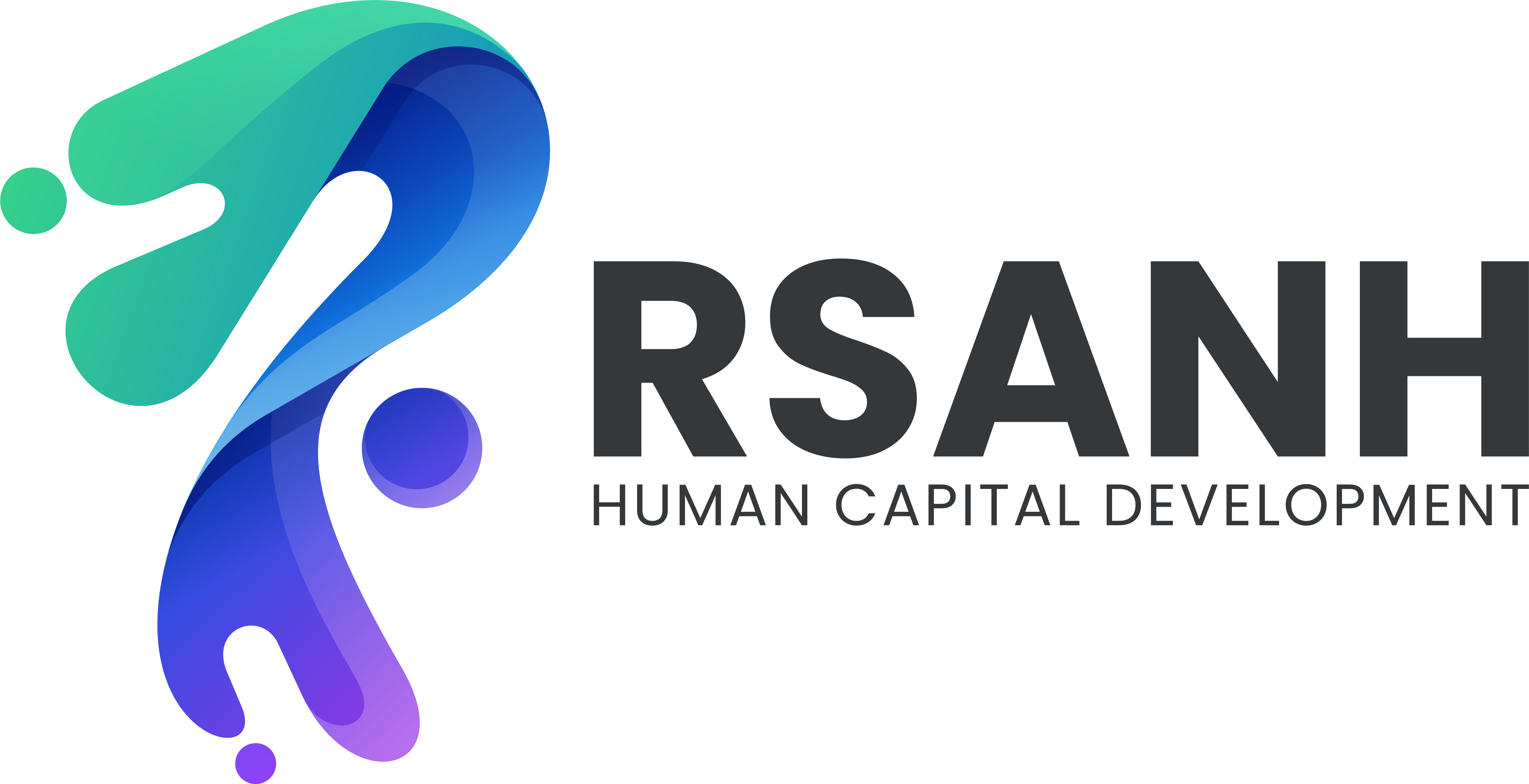What is the Course?
This course is designed to introduce beginners to the world of Artificial Intelligence. It starts with a strong foundation in Python programming and gradually advances into key AI concepts, machine learning fundamentals, and practical applications. Divided into two months, the first focuses on Python for AI while the second explores core AI and ML topics.
Course Curriculum
Month 1: Python for AI (8 Sessions)
Total Sessions: 8 | Sessions per Week: 2 | Duration: 4 Weeks
Week 1
Session 1: Python Environment & Basic Syntax
- Installing Python, IDEs, Virtual Environments
- Python Syntax (variables, data types, operators)
- Basic Input/Output and String Manipulation
Session 2: Control Structures & Data Structures
- Conditional Statements (if/elif/else)
- Loops (for, while)
- Built-in Data Structures (lists, tuples, dictionaries, sets)
Week 2
Session 3: Working with Libraries (NumPy & Pandas)
- NumPy Arrays, Basic Math Operations
- Pandas for Data Loading, Cleaning, and Manipulation
- Practical Exercises with Real Datasets
Session 4: Data Visualization in Python
- Introduction to Matplotlib & Seaborn
- Creating Line, Bar, Scatter, and Histogram Plots
- Hands-On Visualization Exercises
Week 3
Session 5: Advanced Python Concepts
- Functions, Lambda Expressions
- Object-Oriented Programming (Classes, Objects)
- Error Handling and Modules
Session 6: Project Environment Setup & Version Control
- Git & GitHub Basics
- Virtual Environments and Requirements Files
- Structuring a Python Project for Collaboration
Week 4
Session 7: Mini-Project (Data Analysis)
- End-to-End Data Analysis (Cleaning, Exploration, Visualization)
- Applying Pandas & Visualization Libraries
- Presentation of Findings
Session 8: Python Review & Next Steps
- Review of Key Python Concepts
- Q&A on Python Best Practices
- Preview of AI Topics Coming in Month 2
Month 2: Introduction to AI (8 Sessions)
Total Sessions: 8 | Sessions per Week: 2 | Duration: 4 Weeks
Week 5
Session 9: AI Overview & Machine Learning Fundamentals
- Definitions: AI, Machine Learning, Deep Learning
- Supervised vs. Unsupervised Learning
- Real-World Applications (Healthcare, Education, etc.)
- Building a Simple ML Model (e.g., Linear Regression) in Python
Session 10: Predictive Modeling & scikit-learn
- Data Preprocessing & Feature Engineering
- Training, Validation, and Evaluation Metrics
- Hands-On Exercise: Classification or Regression Task
Week 6
Session 11: Data Analysis & Introduction to TensorFlow
- Revisiting Data Analysis Workflows for ML
- Setting Up TensorFlow; Tensors & Computational Graphs
- Hands-On: Simple Neural Network in TensorFlow
Session 12: Introduction to NLP (Natural Language Processing)
- Text Preprocessing (Tokenization, Stopwords, Stemming/Lemmatization)
- Basic NLP Tools (NLTK, SpaCy)
- Building a Simple Text Classification or Sentiment Analysis Model
Week 7
Session 13: Introduction to Computer Vision
- What is Computer Vision? (Image Processing, Object Detection)
- OpenCV Basics (Loading, Displaying, Basic Transformations)
- Hands-On: Simple Image Classification (High-Level TensorFlow/Keras Example)
Session 14: Deep Learning Essentials
- Neural Networks vs. Traditional Machine Learning
- Convolutional Neural Networks (CNN) Overview
- Hands-On: Building/Exploring a Basic CNN Model
Week 8
Session 15: AI Specializations & Career Paths
- Differences Between Main AI Fields
-
Deep Learning: advanced neural networks, large datasets
Data Science: data wrangling, exploratory analysis, big data
Computer Vision: image/video processing, object detection
NLP: text processing, language models, chatbots
- Skills & Resources Needed for Each Track
- Industry Use Cases & Opportunities
Session 16: Final Project & Wrap-Up
- Students Choose a Mini-Project Based on Their Interests (CV, NLP, or General ML)
- Presentation & Feedback Session
- Q&A, Future Learning Paths (Competitions, Certifications, Advanced Courses)

